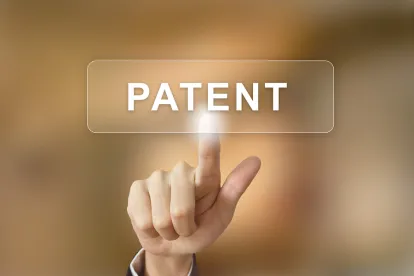In a relatively rare “pro-patent” decision, the U.S. Supreme Court earlier this week unanimously overruled the Federal Circuit’s so-called Seagate standard for finding willful patent infringement and awarding enhanced damages. In Halo Electronics, Inc. v. Pulse Electronics 14-1513, (together with Stryker Corp. v. Zimmer, Inc. 14-1520), the Court vacated and remanded the Federal Circuit’s decision denying Halo enhanced damages under §284 of the Patent Act. The Court’s decision appears to have lowered the bar for finding willful infringement and awarding enhanced damages.
The key takeaways from this decision are:
- The Seagate test is overruled, and District Courts now have greater discretion in awarding enhanced damages in patent litigation, similar to their discretion in awarding attorneys’ fees under Octane Fitness.
- Enhanced damages may be awarded to punish “egregious behavior,” measured at the time of the infringement, and reviewed under a preponderance of the evidence standard.
- Halo may potentially result in an increased awarding of enhanced damages, thereby strengthening the position of patent holders in litigation, and, by extension, the value of their patent portfolios.
Under §284, if the District Court awards damages for patent infringement, it “may increase the damages up to three times the amount found or assessed.” In the Seagate case the Federal Circuit established a two-part test for determining when to enhance damages, ruling that the patentee must prove (1) that there was an “objectively high likelihood” of infringement, and (2) that this likelihood was known or should have been known to the infringer. Additionally, the patentee had to prove this by clear and convincing evidence.
In a parallel analysis to last term’s Octane Fitness decision interpreting §285, (giving District Court judges greater discretion in awarding attorneys’ fees for exceptional cases), the Court rejected the Seagate standard as too rigid, and ruled that the District Courts have discretion to award enhanced damages for “egregious cases of misconduct beyond typical infringement,” without regard to “objective recklessness.” The Court also rejected the Federal Circuit’s clear and convincing evidence standard, finding no statutory basis for that requirement.
Acknowledging concerns about increasing the leverage of so-called “patent trolls,” the Court stated that in awarding enhanced damages, the District Court has discretion “to punish the full range of culpable behavior”, but must “be guided by sound legal principles” developed over two centuries and not awarded in “garden-variety cases.”
In a separate concurrence joined by two other justices, Justice Breyer suggested applying a somewhat more rigorous reading of “egregious behavior,” also citing the “troll” assertion problem.




 />i
/>i

